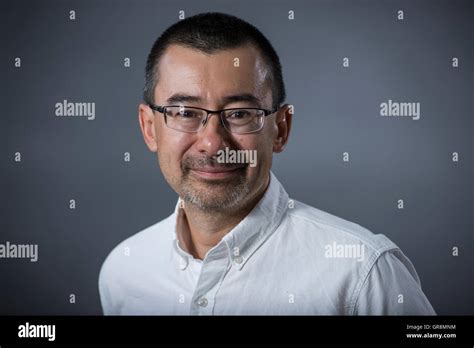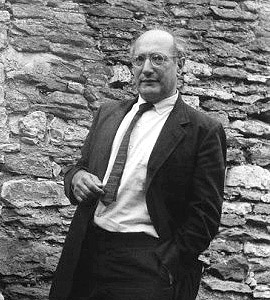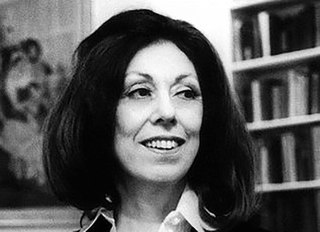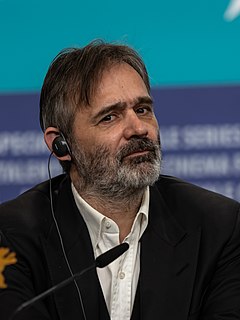A Quote by Jonathan Coe
It seems to me that you would have to write a novel on a very small, intimate scale for it not to become political.
Related Quotes
It's disingenous for me to say that I wasn't trying to write a moral novel. By its very nature as a novel about the Iraq War, Fobbit steps into the political conversation. There's no way to avoid that. I can appreciate that readers are probably going to line up on one side of the novel or the other. I hope they go to those polar extremes, actually.
I don't impose political responsibilities on my fiction. The last thing I would ever want to do, for example, is write a novel that would appear to want to tell people what to think about the immigration debate, and I would never write a novel whose sole ambition was to give a "positive" view of immigrants. I'm for open borders, by the way - down with the nation state!
I am preoccupied with the possibility of creating art which functions in a public situation without compromising its private character of being antiheroic, antimonumental, antiabstract, and antigeneral. The paradox is intensified by the use on a grand scale of small-scale subjects known from intimate situations--an approach which tends in turn to reduce the scale of the real landscape to imaginary dimensions.
The Green Shore is an engrossing novel about political oppression, played out on an intimate family scale. Bakopoulos charts the subtle, gnawing pressures of life under the Greek junta - the steady drip of daily coercion - with an exacting empathy. In particular, her depiction of love under tyranny - by turns hesitant, furtive and liberating - is as astute as it is moving.
I would not describe myself as a political writer except in the sense that the personal is political, which is something that I do strongly believe. And in that sense American Gods is a very personal novel and a political novel. I was trying to describe the experience of coming to America as an immigrant, the experience of watching the way that America tends to eat other cultures.
...there's no such thing as sustainability. There are just levels of it. It's a process, not a real goal. All you can do is work toward it. There's no such thing as any sustainable economy. The only thing I know that's even close to sustainable economic activity would be organic farming on a very small scale or hunting and gathering on a very small scale. And manufacturing, you end up with way more waste than you end up with finished product. It's totally unsustainable. It's just the way it is.
I knew I wanted the parties in 'The Queen of the Night' to be convincing, beautiful, and also dramatic: situations where significant things happened on a scale that was both grand and intimate. There were several texts that helped me think about how to do this, and one of the most important ones was Charlotte Bronte's novel 'Villette.'
I am fully intelligent only when I write. I have a certain amount of small-change intelligence, which I carry round with me as, at any rate in a town, one has to carry small money, for the needs of the day, the non-writing day. But it seems to me I seldom purely think ... if I thought more I might write less.







































